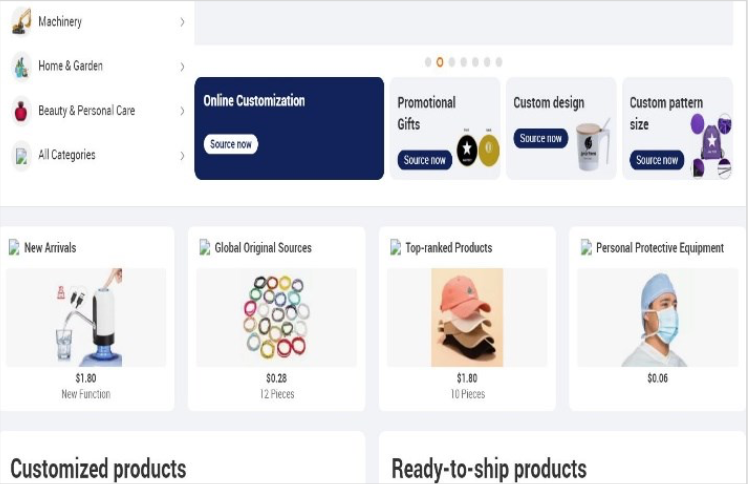The fine is equal to 4% of Alibaba’s 2019 revenue
Beijing, Apr 12: Alibaba.com was launched in 1999. At first, it allowed manufacturers to sell directly to business owners (when a business sells to another business, it is called B2B).
Over the years, it has become an online marketplace that offers B2B, B2C (selling directly to consumers), retail – in short, every kind of trading. It also has a group company that deals in payments (you might remember our story about Ant Group’s IPO on 5th November 2020).
Alibaba also has a policy that makes it necessary for merchants to choose only one platform. This means that
sellers who sell through Alibaba cannot use any other online marketplace. Obviously, the sellers do not like this. They have to sell on Alibaba because it is simply the largest – not just in China, but in the world.
Selling on Alibaba means that they cannot sell anywhere else.
What does this mean for a company that is trying to create a similar online marketplace? Obviously, they will find it hard to get sellers to list with them.
When a company is so large that it can control the industry in any way, that is called a monopoly. Mono means one, poly means rule. Monopoly is when a single company rules the market.
Alibaba not the only one
Alibaba is not the only large company in China. Baidu is the only big search engine in China. Wechat is the largest chat/ messaging service. In many of the new age industries, a clear, dominant player (company) has emerged.
Think about it. What is common to all these products – a search engine, a chat service, a marketplace?
It is people! The market dominance of a business like this is determined by the number of users. It would be logical to understand that there should be 2-3 companies dominating the landscape, and many small, niche players. But, if there is exactly one monopoly, perhaps that needs more thought. Why is there only one major player, and nobody else to even compete with them, if the business model is as simple as chatting with friends, searching the internet, and selling/buying things?
Anti-monopoly laws of China
In February 2021, China passed guidelines to stop companies from monopolistic practices like using subsidies (discounts) or contracts to stop competition. In March, 12 companies were fined under the new guidelines.
But this fine is much larger than any of those fines. In fact, it is the highest ever anti-monopoly fine on any company. The second place is held by Qualcomm, which was fined 1.2 billion dollars in 2018 (by the European Union).
Response of Alibaba
Alibaba has responded in a statement that it will pay the fine and will “operate in accordance with the law with utmost diligence.”
Not just China
As we write this, the United States of America is trying to understand how to manage monopolies of Facebook, Google, Amazon, Apple, etc. Many American companies are also monopolies in their own industries and governments all over the world are trying to understand and counter the monopoly threat. Monopoly is considered bad because it is believed that if there are many companies competing for the customer’s money and attention, all of them will try to improve their products and services and make fair profits. So, competition is a good thing.
The Jack Ma angle in Alibaba story
Jack Ma, the founder of Alibaba, criticised China’s government indirectly at a conference in late October 2020. Since then, the government has taken some steps related to Alibaba and its group companies. The Ant Group is a financial company belonging to the Alibaba group. The IPO of Ant Financial was stopped 2 days before it was to list on the stock exchange.
What are your thoughts on this story? Do share!


